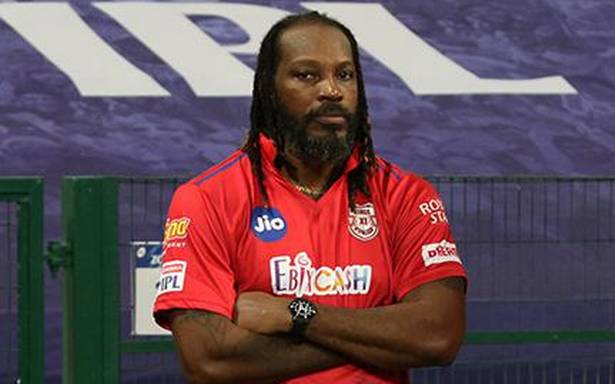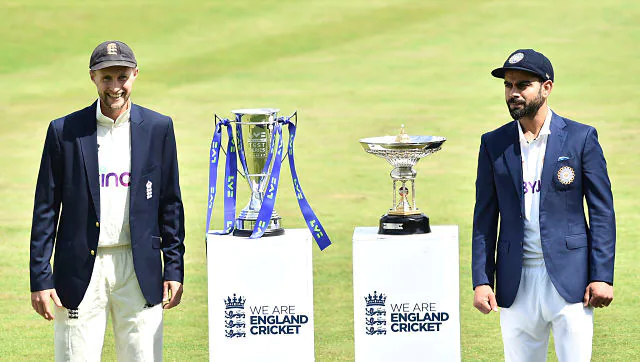Players will have 24-hour access to a psychologist.
Cricketers facing mental health issues during the Twenty20 World Cup will have 24-hour access to a psychologist, the International Cricket Council said on Thursday.
The preliminary round matches of the tournament, which will be played under a bio-secure environment, will start on October 17, 2021 in the United Arab Emirates and Oman.
The event was moved to the Gulf states after a surge of COVID-19 infections in India.
The players will have to isolate for six days on arrival, during which they will undergo three COVID-19 tests, before they enter the so-called ‘bubbles’ or managed environment.
“We should expect that some people will be affected, their mental health will be affected by being in confined conditions again, particularly perhaps for those who have done it for a long period of time,” Alex Marshall, the ICC’s head of integrity, told reporters.
“The ICC will have available 24 hours a day, a psychologist to speak to any individual who seeks help,” he said. “There’s a number of things we’re doing … But I think from a day-to-day basis, making sure we keep the environment friendly and pleasant for them,” he said.
Mental health of the players
Cricket has mostly been played in restricted environments since it resumed last year after a lengthy disruption because of the pandemic and players in the past have complained about the heavy toll it takes on their mental health.
The world governing body has allowed players to be accompanied by close family during the T20 World Cup, which will end with the final in Dubai on November 14, 2021, but they would also have to be part of the restricted environment.
There will, however, be arrangements for outdoor recreation.
“For example, it will be possible for them to play golf on a golf course where we have set aside the area for them and we can keep them separate from other people. So we maintain managed environment, but we do allow people to do things other than sit in their hotel rooms,” said Mr. Marshall.
Play by the rules
The ICC has put in place the support system after liaising with organisers of the Tokyo Olympics, Formula One and the European Championships and have also set up a bio-safety scientific advisory group comprised of experts.
Mr. Marshall, however, warned players to adhere to the rules.
“All these events depend on good discipline,” he said.
“If people stick to the rules, and maintain their discipline, we should not have any problems. And we would expect management of any team who finds people not adhering to the rules, to take that very seriously,” he said.



